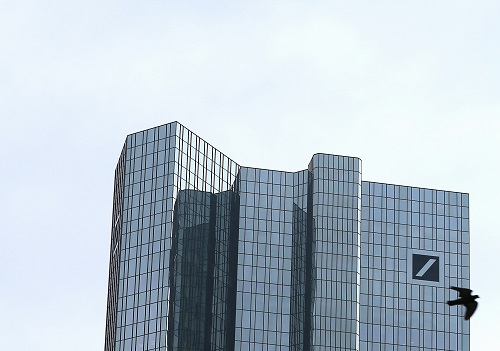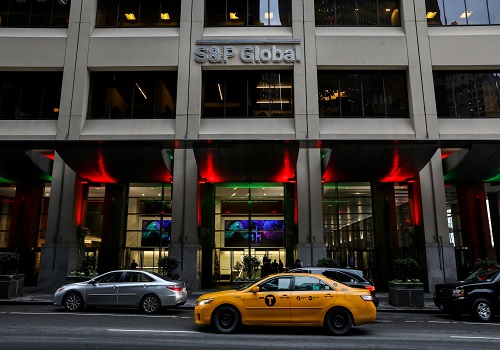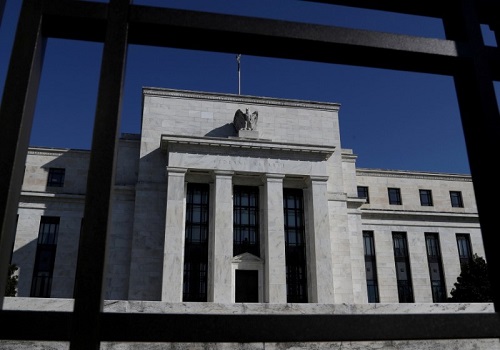Malaysia`s economy posts biggest annual decline since 1998 crisis

Follow us Now on Telegram ! Get daily 10 - 12 important updates on Business, Finance and Investment. Join our Telegram Channel
https://t.me/InvestmentGuruIndiacom
Download Telegram App before Joining the Channel
Malaysia's economy fell at a faster than expected clip in the fourth quarter, as stricter coronavirus curbs crimped consumption and slowed the pace of recovery.
Gross domestic product contracted 3.4% year-on-year in the October-December period, the central bank said on Thursday, falling for a third straight quarter and faster than the 3.1% decline forecast in a Reuters poll.
Malaysia's full-year economic performance fell 5.6% in 2020, the worst annual performance since the 7.4% decline in 1998 during the Asian Financial Crisis, according to data from the department of statistics.
"Going into 2021, growth will rebound, supported by a pickup in global demand and normalisation in domestic economic activities," Bank Negara Malaysia governor Nor Shamsiah Mohd Yunus said during a virtual news conference.
Malaysia's economic performance will likely continue to be weighed by the pandemic, especially after a recent surge in cases prompted the government to impose a second lockdown until at least Feb. 18, Capital Economics said in a note.
"The risks are to the downside. Our current assumption is that Malaysia will bring the virus largely under control by next quarter, but if that fails, we will have to cut our forecasts further," said Alex Holmes, Asia economist with Capital Economics.
Capital Economics expects full-year 2021 growth to come in at 7%.
Malaysia's cumulative coronavirus infections shot past 250,000 on Wednesday, including 923 deaths.
"There have been many developments, the resurgence of COVID and also progress with the vaccines... but importantly, we still expect growth in 2021 to recover," Nor Shamsiah said.
She said monetary policy will "remain accommodative in an environment of modest prices," and that the central bank has sufficient policy space to provide further support if needed.
Last month, the central bank left its overnight policy rate at a record low of 1.75%. It cut its key rate by 125 basis points last year to prop up the coronavirus-hit economy.
The trade-reliant economy had shown tentative signs of a rebound in the third quarter, driven by improving global demand. Full year exports fell 1.4%, though shipments began recovering in the last four months of 2020.
The central bank said it expects inflation to trend higher this year, after 10 straight months of decline largely due to low retail fuel prices.
The headline consumer prices index declined 1.2% in 2020.










Tag News

Monthly Debt Market Update, September 2023: CareEdge Ratings












